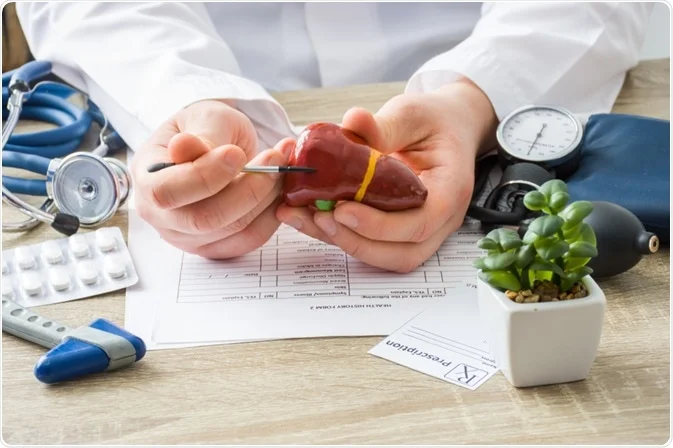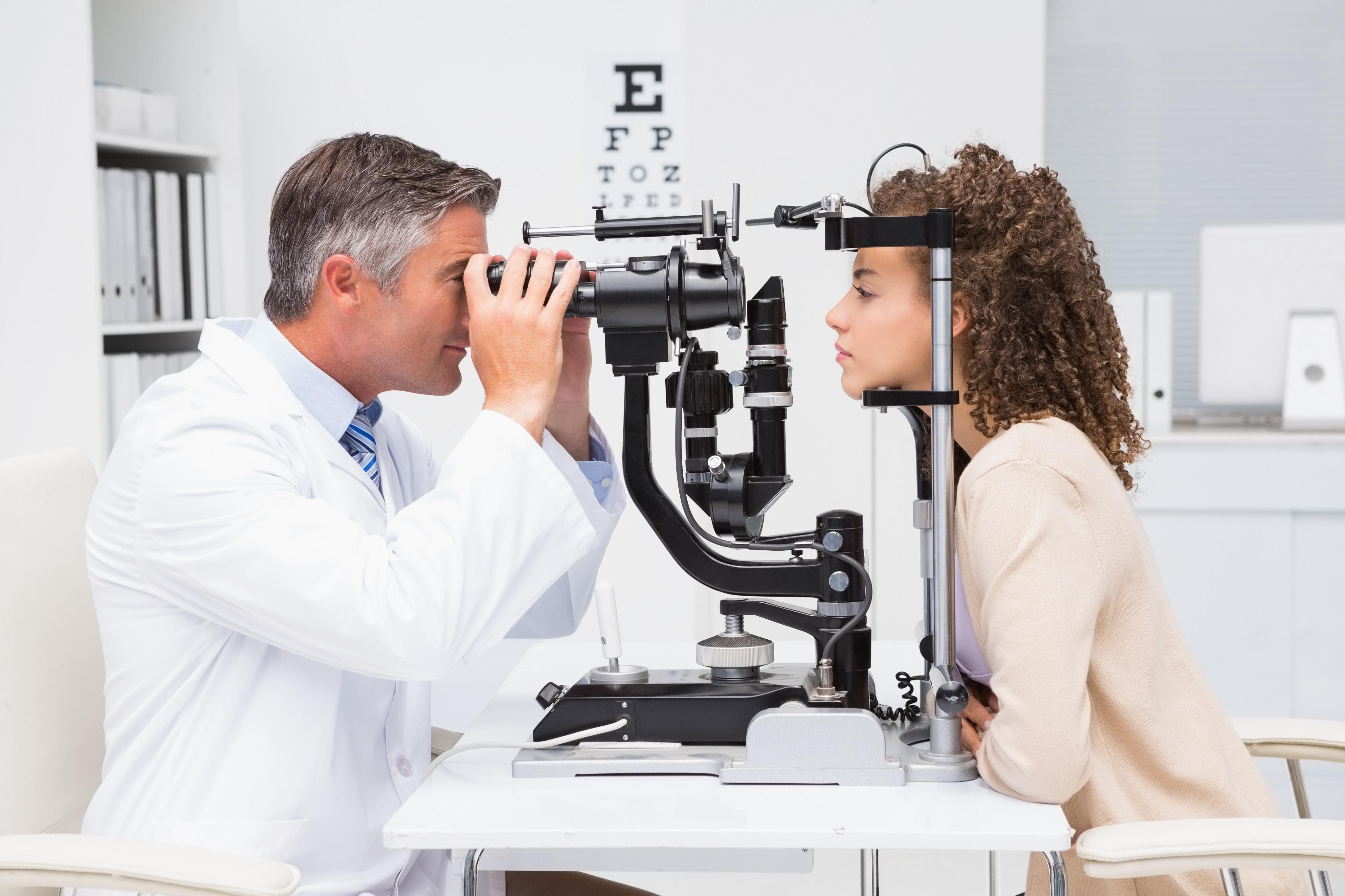

It takes great pains to benefit. His needs result from something that actually drives him away. Let them be what they want. Anyone whom anyone desires. And no one who hinders receives the others. Because he should flee in this office of convenience, which is here.

A cardiologist is a medical doctor who studies and treats diseases and conditions of the cardiovascular system
The heart and blood vessels including heart rhythm disorders, coronary artery disease, heart attacks, heart defects and infections, and related disorders. The training to become a cardiologist is rigorous and includes more than 10 years of medical training.

Neurology is the branch of medicine that deals with disorders of the nervous system, which include the brain, blood vessels, muscles and nerves. The main areas of neurology are: the autonomic, central and peripheral nervous systems.
Neurological disorders often differ between infants and young children and adults. Neurological problems in those younger than 18 years are managed by pediatric neurologists. Disorders that affect the pediatric population include: cerebral palsy, complex metabolic diseases, epilepsy, learning disabilities, and nerve and muscle diseases. After 4 years of medical school, pediatric neurologists complete 5-year post-graduate training comprised of 2 of pediatric training, 1 year in general neurology and 2 years in pediatric neurology.

Hepatology is a branch of medicine concerned with the study, prevention, diagnosis, and management of diseases that affect the liver, gallbladder, biliary tree, and pancreas. The term hepatology is derived from the Greek words “hepatikos” and “logia,” which mean liver and study, respectively.
Hepatology was previously considered to be a subspecialty of gastroenterology; however, nowadays doctors can specialize in hepatology, which is quickly emerging as a freestanding specialty. As a critical organ that can be affected by a large number of factors, the liver is usually the focal point in hepatology. A hepatologist generally only assesses patients after they are referred by their doctor. A hepatologist may also be involved in the follow-up of patients who have received a liver transplant.

Pediatrics is the branch of medicine dealing with the health and medical care of infants, children, and adolescents from birth up to the age of 18. The word “paediatrics” means “healer of children”; they are derived from two Greek words: (pais = child) and (iatros = doctor or healer).
A paediatrician is a child's physician who provides not only medical care for children who are acutely or chronically ill but also preventive health services for healthy children. A paediatrician manages physical, mental, and emotional well-being of the children under their care at every stage of development, in both sickness and health.

Eye care specialists are healthcare providers who are experts in taking care of your eyes and vision. They see people of all ages for everything from routine eye exams to complex issues, including eye surgeries.
Lots of people call their eye care specialist their eye doctor. Only certain types of eye care specialists are medical doctors (MDs), but it’s common to refer to any provider who takes care of your eyes as your eye doctor. You should see an eye care specialist every few years to have your eyes examined and your vision checked.

A dentist, also known as a dental surgeon, is a health care professional who specializes in dentistry, the branch of medicine focused on the teeth, gums, and mouth. The dentist's supporting team aids in providing oral health services. The dental team includes dental assistants, dental hygienists, dental technicians, and sometimes dental therapists.
A dentist is a healthcare provider who diagnoses and treats oral health conditions. Taking good care of your teeth and gums can help you reduce your risk for other serious health conditions, like heart disease and stroke. You should visit a dentist regularly for routine exams and cleanings.